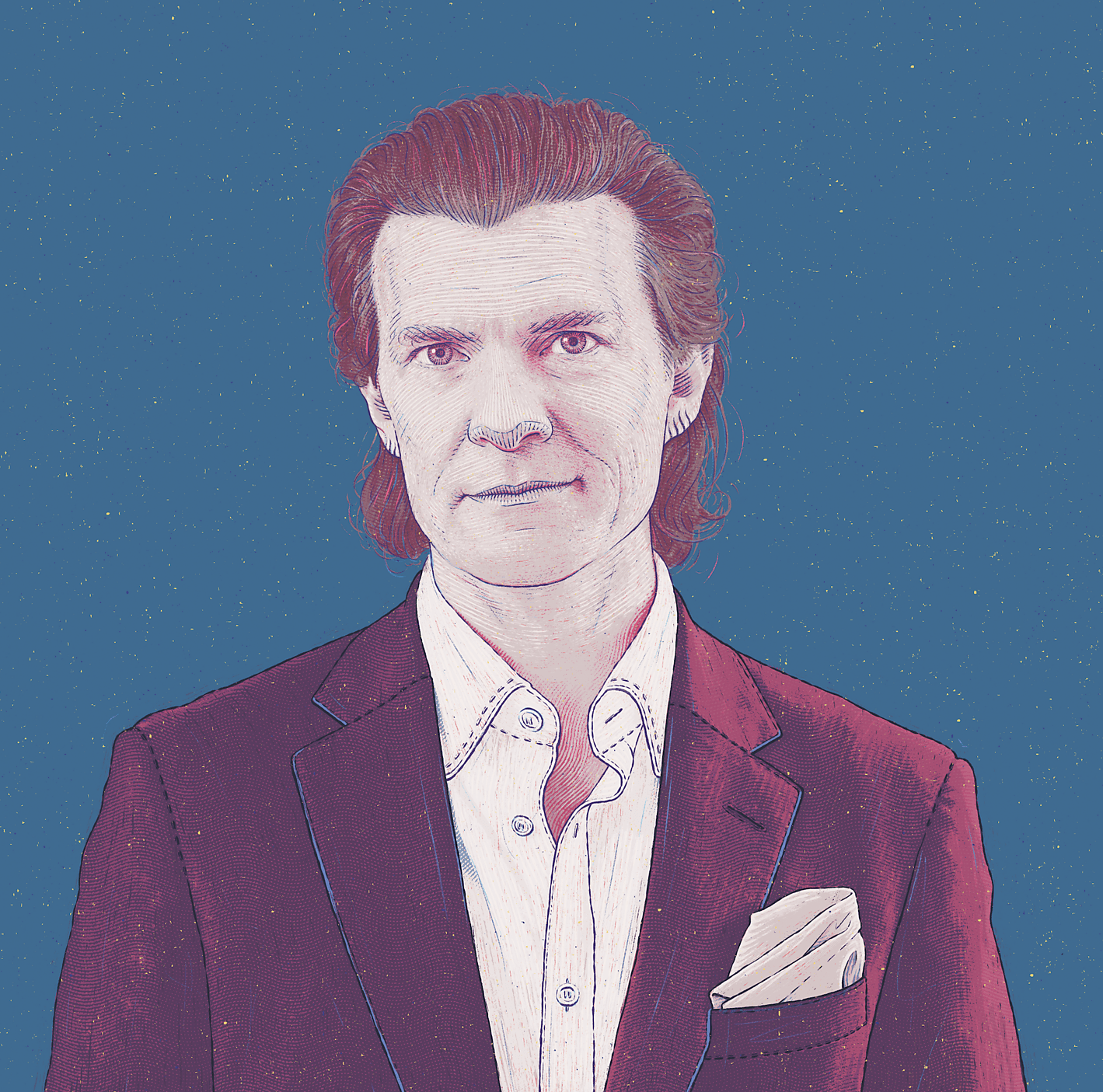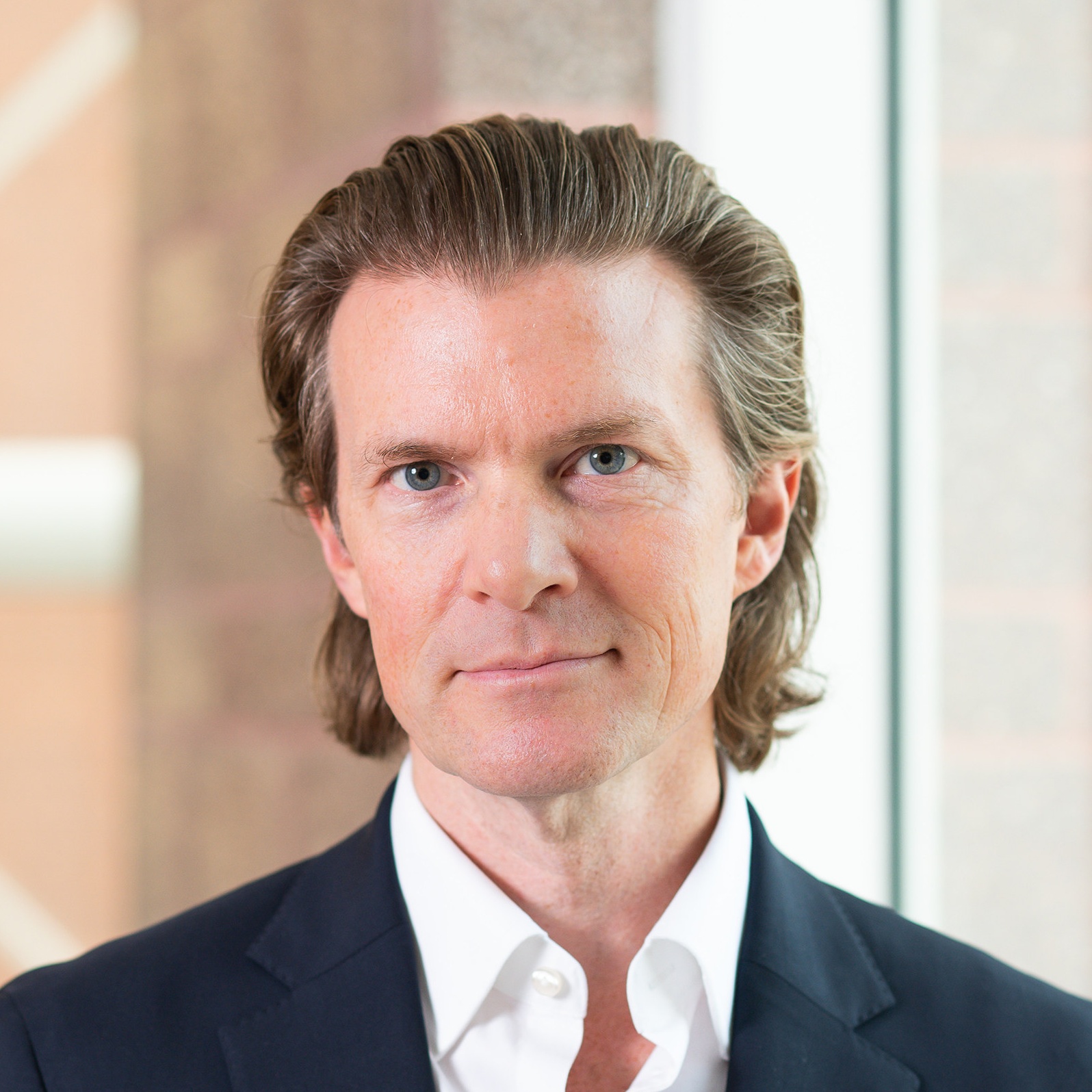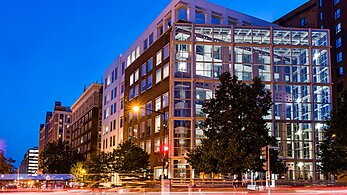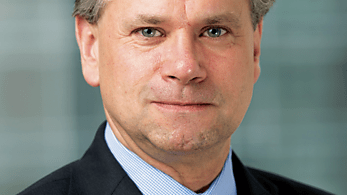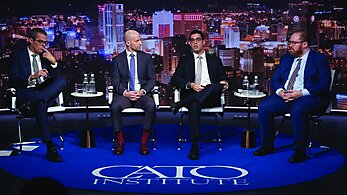That’s about as sophisticated an economic analysis as you might expect from Hollywood. However, social media and the social sciences rarely rise above comic book level.
Over the years, I have gotten used to facing the most bizarre associations when talking about free-market capitalism. I am not overly fond of the term “capitalism” myself—after all, it’s about exchange rather than capital—but I’ve realized that the term has staying power, and if we don’t fill it with meaning, others will.
Often “capitalism” is just a lazy invective for anything bad done by a powerful business (including corporate subsidies or eminent domain), even though the whole point of free-market capitalism is to deprive the powerful of monopolies and privileges through competition and free trade.
To some, capitalism simply signifies any economic phenomenon they find unreasonable and strange. Last month, I learned on X, formerly known as Twitter, that capitalism creates hunger because even when food is on hand, “Capitalism demands we destroy it.”
